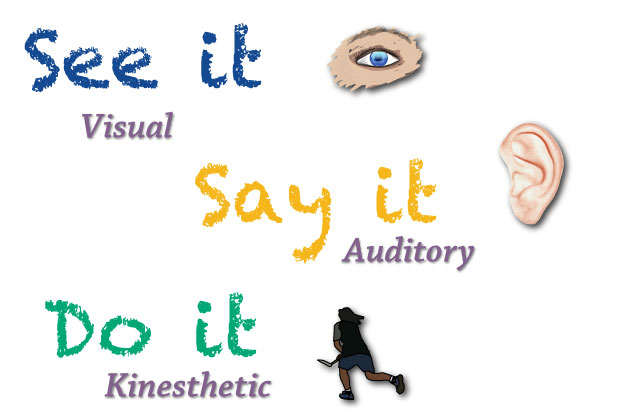Individual Differences and Their Impact on Learning Styles
 There are differences amongst employees in multiple levels and these differences do affect learning styles and capabilities of employees. This argument can be illustrated more effectively with the application of Honey and Mumford (1982) learning styles. According to this model learning can be divided into four different groups on the basis of individual preferences or styles: activists, theorists, pragmatists and reflectors.
There are differences amongst employees in multiple levels and these differences do affect learning styles and capabilities of employees. This argument can be illustrated more effectively with the application of Honey and Mumford (1982) learning styles. According to this model learning can be divided into four different groups on the basis of individual preferences or styles: activists, theorists, pragmatists and reflectors.
Activists include specific type of individuals who best learn by doing. Theorists, on the other hand, attempt to understand theoretical frameworks and they like to analyse core ideas behind the phenomenon to be learned.
Pragmatists tend to be highly practical individuals, and accordingly unlike theorists pragmatists are interested in application of knowledge in real-life environment. Reflectors are observers who prefer to adopt a holistic approach towards the subject of learning.
The model of Honey and Mumford learning styles has important practical implications in organisational settings. Senior level managers need to identify learning styles of key employees in order to be able to facilitate their learning more effectively.
For example, employees with theorist learning style need to be assigned with tasks of analytical nature. Alternatively, individuals with advanced pragmatist learning styles need to be appointed in positions where problem-solving skills are prioritised.
However, it has to be acknowledged that identification of learning styles of each individual employee is a challenging task and therefore this strategy needs to be applied only in relation to key members of the workforce.
References
Honey, P. & Mumford, A. (1982) “Manual of Learning Styles” London
